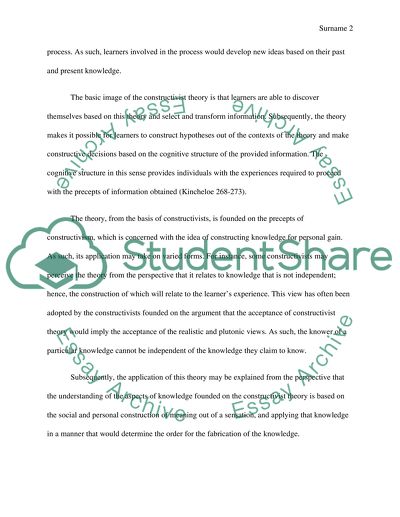Cite this document
(“Apply constructivist and Neo-Liberal theories Essay - 1”, n.d.)
Apply constructivist and Neo-Liberal theories Essay - 1. Retrieved from https://studentshare.org/social-science/1671346-apply-constructivist-and-neo-liberal-theories
Apply constructivist and Neo-Liberal theories Essay - 1. Retrieved from https://studentshare.org/social-science/1671346-apply-constructivist-and-neo-liberal-theories
(Apply Constructivist and Neo-Liberal Theories Essay - 1)
Apply Constructivist and Neo-Liberal Theories Essay - 1. https://studentshare.org/social-science/1671346-apply-constructivist-and-neo-liberal-theories.
Apply Constructivist and Neo-Liberal Theories Essay - 1. https://studentshare.org/social-science/1671346-apply-constructivist-and-neo-liberal-theories.
“Apply Constructivist and Neo-Liberal Theories Essay - 1”, n.d. https://studentshare.org/social-science/1671346-apply-constructivist-and-neo-liberal-theories.


